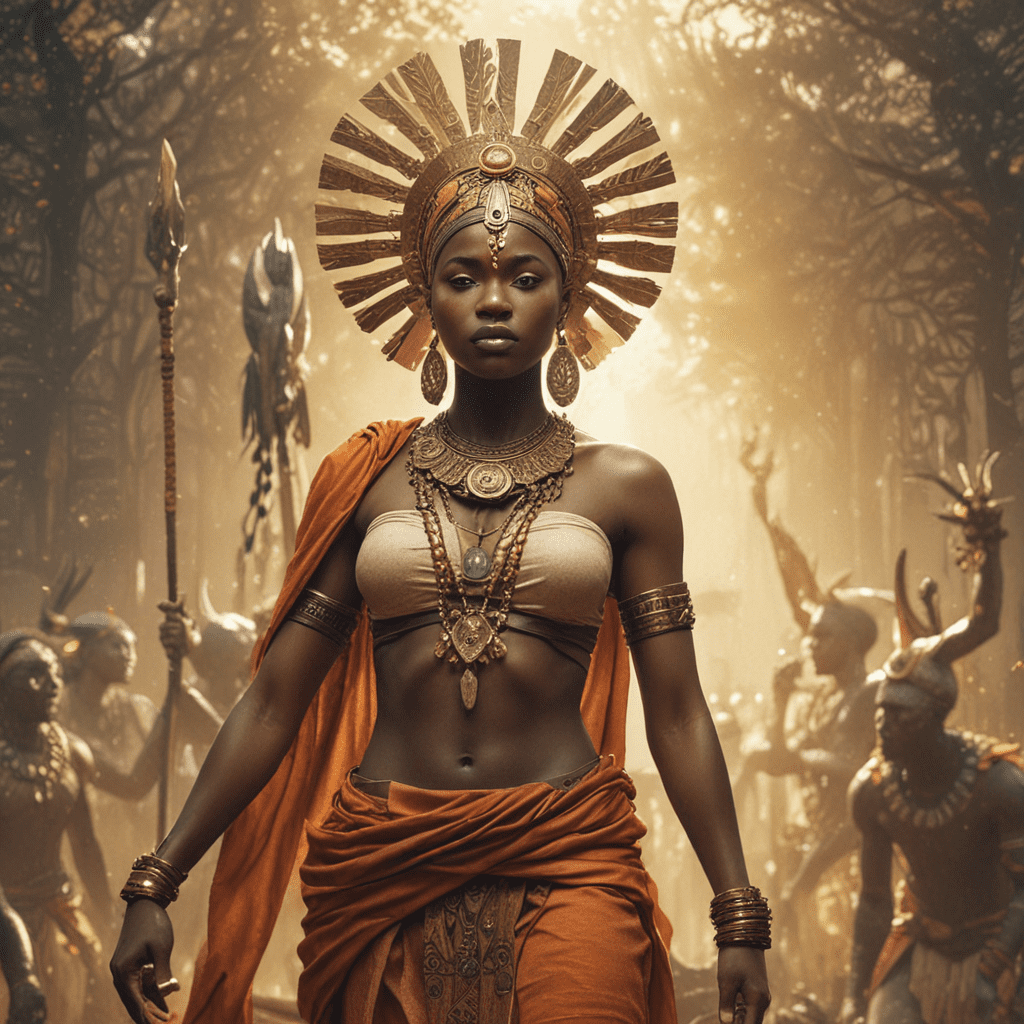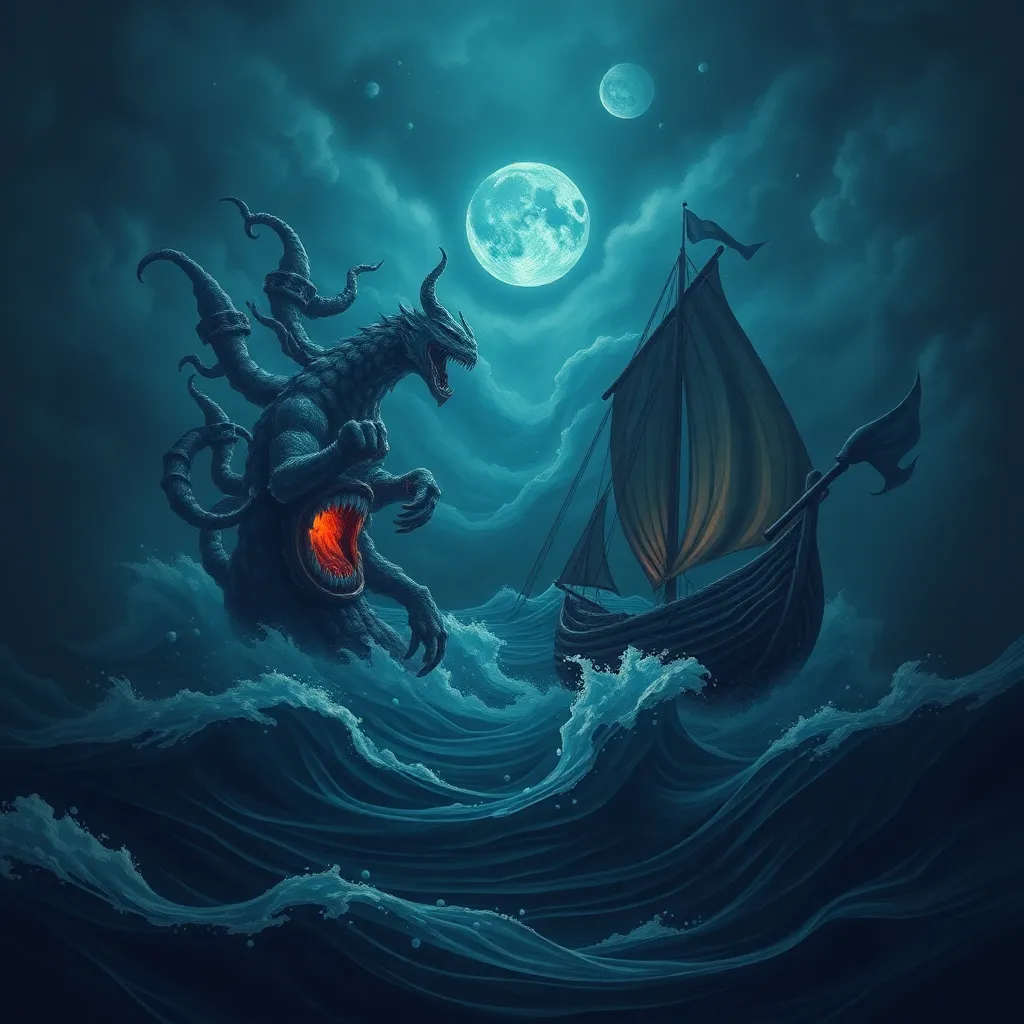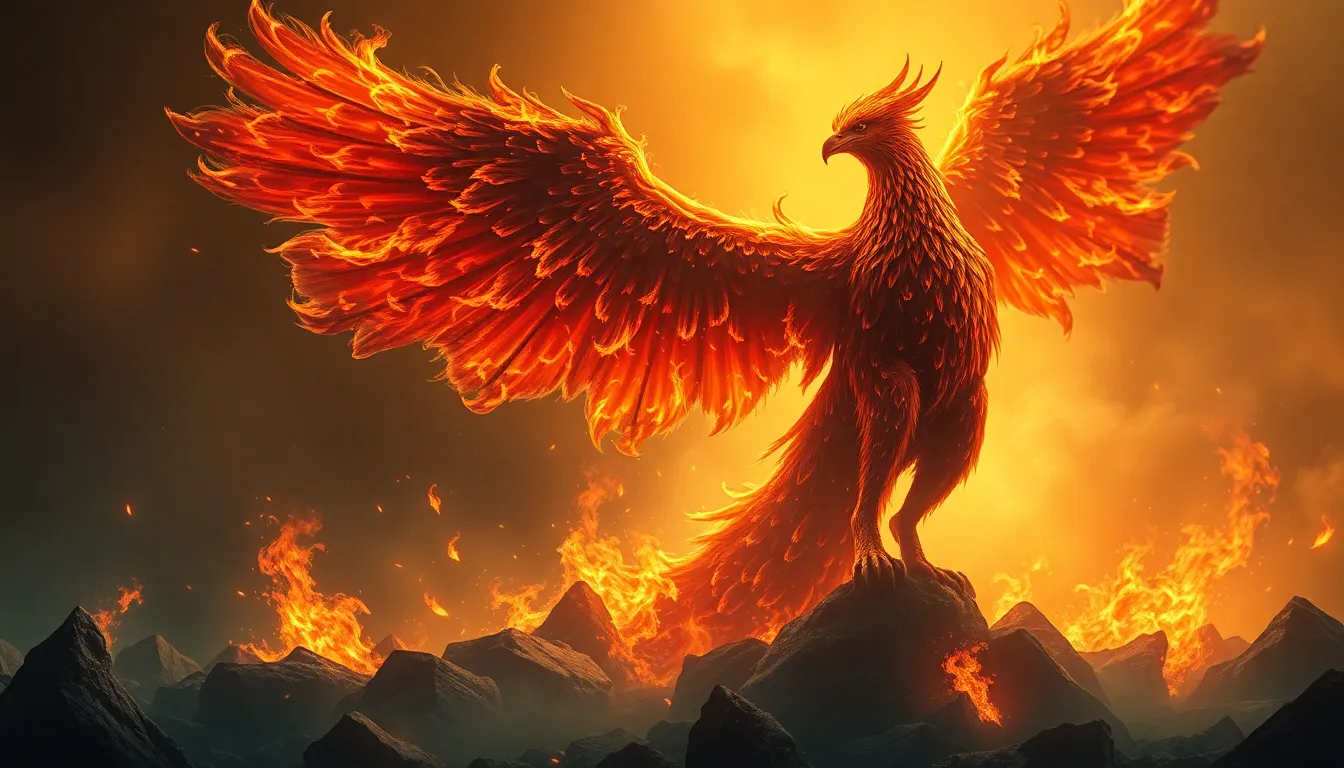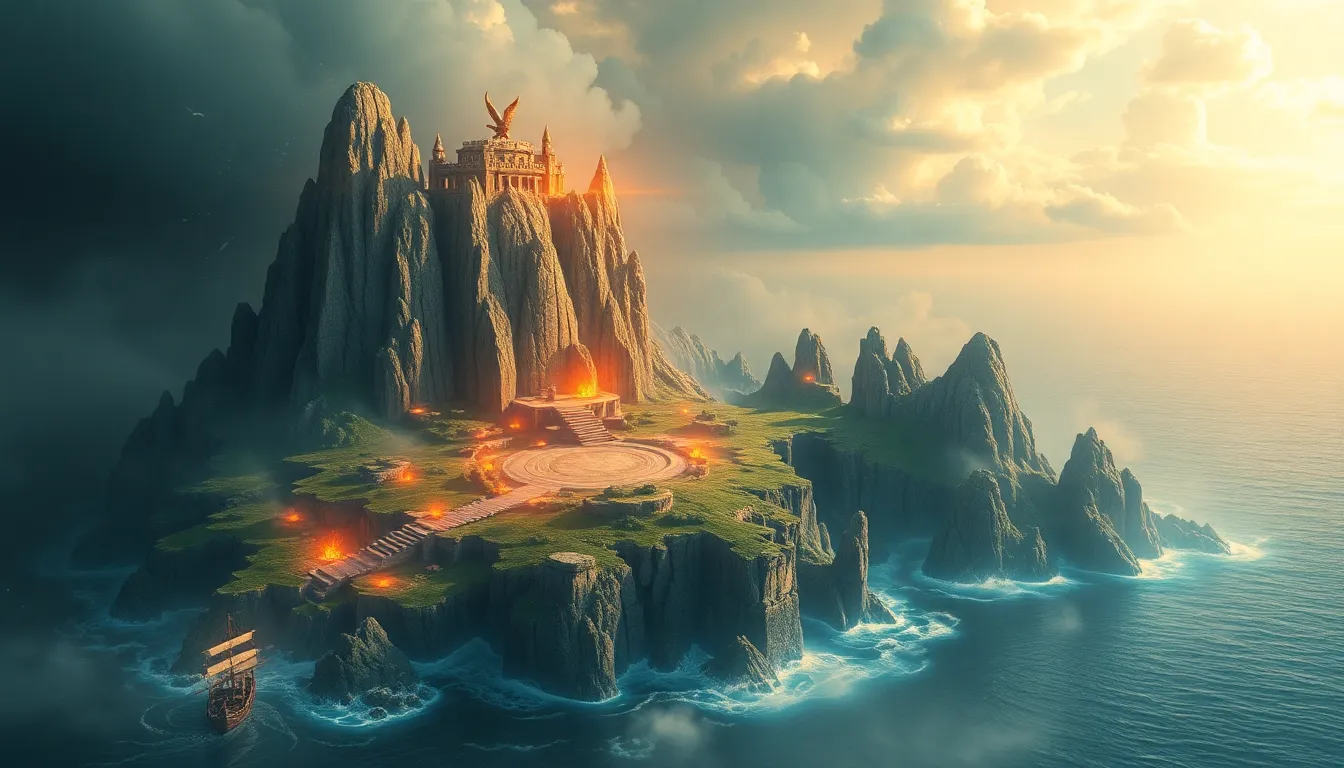African Mythology and the Concept of Destiny
I. Introduction
African mythology is a rich tapestry of stories, beliefs, and traditions that have been passed down through generations. It encompasses a diverse range of cultures, ethnicities, and languages, each with its own unique perspective on the world. One of the central themes that emerges from African mythology is the concept of destiny, the belief that individuals' lives are predetermined by a higher power.
II. African Mythology: An Overview
African mythology is a complex and multifaceted subject. It includes a vast pantheon of gods, goddesses, spirits, and ancestors. These beings are believed to play an active role in human affairs, intervening in the lives of individuals and communities. Myths and legends describe their interactions with mortals, the origins of the world, and the forces that shape human existence.
III. Destiny in African Mythology
The concept of destiny is deeply embedded in African mythology. It is often seen as a force that shapes both individuals and the collective fate of communities. Many African cultures believe that each person is born with a set path in life, predetermined by the gods or other supernatural forces. This destiny may be revealed through dreams, prophecies, or the guidance of elders or spiritual leaders.
IV. The Concept of Ananse: The Spider Trickster and Symbol of Destiny
One of the most famous examples of destiny in African mythology is Ananse, the trickster spider. Ananse is a cunning and resourceful character who often outwits gods and humans alike. He is associated with wisdom, storytelling, and the power of creation. In many African mythologies, Ananse is credited with bringing stories, knowledge, and the art of weaving to humanity.
V. The Role of Orishas and Voduns in Shaping Destiny
In West African religions, particularly in Yoruba and Vodun traditions, the Orishas (Yoruba) or Voduns (Fon) are divine beings who play a pivotal role in human destiny. Each deity is associated with specific powers and attributes, such as fertility, wealth, healing, or war. People seek the favor of Orishas or Voduns through prayer, offerings, and rituals to influence their fate and bring about desired outcomes.
VI. Destiny and the Power of Sacrifice and Rituals
In many African cultures, rituals and sacrifices play a significant role in shaping destiny. Offerings to gods, goddesses, or ancestors are believed to appease them, gain their favor, and influence the course of events. Specific rituals may be performed to ward off evil, promote fertility, ensure a successful harvest, or heal the sick. Through these practices, individuals seek to align themselves with the divine and bring about desired outcomes.
VII. The Influence of African Destiny Beliefs on Cultural Practices
African destiny beliefs have had a profound impact on cultural practices and social norms. For example, in some societies, individuals are expected to fulfill certain roles or occupations based on their perceived destiny. Artisans, healers, and leaders are often seen as having a special calling, and their skills and abilities are attributed to divine favor. Destiny beliefs also influence marriage customs, inheritance laws, and the treatment of elders and ancestors.
VIII. Destiny and the Social Hierarchy
Destiny beliefs can also shape social hierarchies and power structures. In some African societies, individuals born into certain lineages or clans are believed to have a higher destiny than others. This can lead to social stratification and the formation of elite groups. However, it is important to note that not all African cultures subscribe to a rigid caste system, and social mobility is often possible through merit and achievement.
IX. Modern Interpretations of African Destiny Concepts
In contemporary African societies, destiny beliefs continue to evolve and adapt to changing circumstances. While traditional concepts of destiny remain influential, many individuals also embrace modern perspectives that emphasize personal agency and self-determination. Destiny is often seen as a combination of innate qualities, personal choices, and the influence of external factors. This blended approach allows individuals to navigate the complexities of modern life while still honoring their cultural heritage.
X. Conclusion: The Enduring Legacy of African Mythology on Destiny
African mythology and its concept of destiny have had a profound impact on the lives and cultures of African people. From the trickster spider Ananse to the divine Orishas and Voduns, mythological narratives provide guidance, inspiration, and a sense of purpose. Destiny beliefs shape cultural practices, social norms, and the way individuals navigate their lives. While interpretations may vary over time, the enduring legacy of African mythology continues to inform and inspire contemporary African societies.
Frequently Asked Questions (FAQs)
Q: Is destiny fixed or can it be changed?
A: Destiny beliefs vary across African cultures, but many traditions recognize both innate qualities and personal agency in shaping one's fate.
Q: How do rituals and sacrifices influence destiny?
A: Rituals and sacrifices are believed to appease gods and ancestors, gain their favor, and influence the course of events.
Q: Does destiny predetermine one's social status?
A: While destiny beliefs can shape social hierarchies, many African societies also emphasize merit and achievement as factors in social mobility.
Q: How do modern interpretations of destiny differ from traditional beliefs?
A: Contemporary perspectives often blend traditional concepts with an emphasis on personal agency and self-determination.




